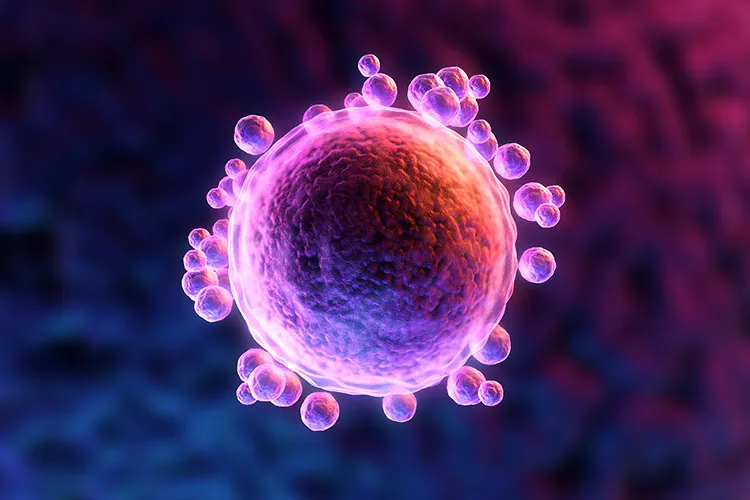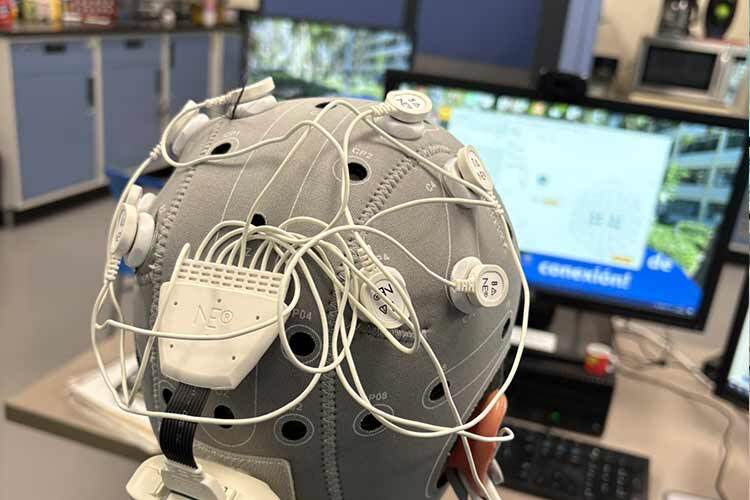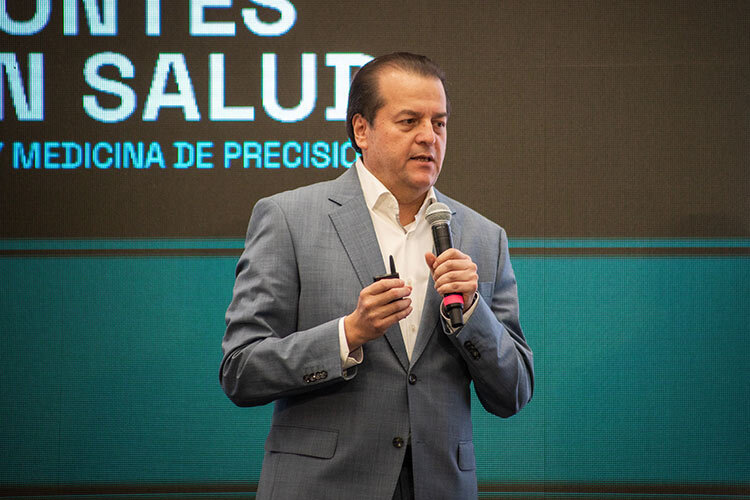In Mexico, sexual education is still insufficient. Few schools include comprehensive programs that cover the physical, psychological, emotional, social, behavioral, and cognitive aspects of human sexuality.
According to Karla Urriola, a member of the Mexican Federation of Sexual Education and Sexology (FEMESS) and National Leader of Tec de Monterrey’s Gender and Safe Community Office, the main reasons behind this are taboo and the lack of a proper social structure that can support it.
“In our country, much of what has happened around sex education is due to the fact that we still see sexuality from a reproductive, heteronormative and taboo perspective,” she explains in an interview with TecScience.
For the expert, one of the roots of this is the influence of the Judeo-Christian ideology that has caused great shame and ignorance around sexuality. “It has been filled with myths and punishments and it has only been seen in one way,” she says.
This lack is one of the reasons why, worldwide, Mexico is the first country in adolescent pregnancies and child sexual abuse.
According to the United Nations Educational, Scientific and Cultural Organization (UNESCO), around the world, only 34% of young people have sufficient knowledge about HIV prevention and transmission, and two out of three girls don’t know what happened to them when they had their first menstruation.
Comprehensive sex education
Over decades, hundreds of studies have shown that comprehensive sexuality education is critical to the health and well-being of the young. This not only reduces unwanted pregnancies and the impact of sexually transmitted diseases, it also prevents intimate partner violence, as well as violence and sexual abuse at all ages.
In addition, it increases the appreciation of sexual diversity and promotes the development of healthy sexual-affective relationships.
According to Urriola, young people who have had adequate sexual education make informed decisions without harming others, which makes them live happier lives in general.
“They are young people who know their sexual rights, who are more critical and who, when deciding to have sexual activity, do so with information and emotional and sexual intelligence,” she explains.
From what age should it be taught?
The age at which school-based sex education should begin has been debated for years. Most experts, including Urriola, agree that it should start in preschool, with age-appropriate levels of information.
However, parents and societies have opposed discussing sexuality with children out of unsubstantiated concerns that it might encourage them to engage in premature sexual activity or promote promiscuity.
“There is no evidence of that,” says Urriola.
In a UNESCO review of sex education programs, they discovered that none of these led to earlier sexual activity. In fact, they found that these can actually delay its onset by up to a year.
Regardless of whether they delay it or not, according to Urriola what is a fact is that when young people decide to start their sexual life, they do so in a more informed, safe and respectful way.
The review also found that more than a third of these programs increased condom and contraceptive use, while more than half reduced risky sexual behaviour.
“We are sexual beings from the moment we are born until we die; the earlier this education begins, the better,” says Urriola.
The future of sex education in Mexico
For the expert, for sexual education to fulfill its purpose, it needs a solid social structure that includes updated public policies, as well as a body of certified experts to implement these courses.
Currently, in the absence of proper education, young people get their information about sexuality from social networks, blogs, the internet and pornography.
Fortunately, Mexico and the world already have the necessary information to create evidence based programs that are effective and appropriate for the different ages and stages that the human being goes through.
When talking about sexual education in childhood, it is proposed to teach basic concepts about the knowledge of the body and hygiene. As age progresses, the information becomes more specialized, contemplating topics such as changes in the body, interpersonal relationships, reproduction, gender issues, consent, respect and pleasure.
“It’s like when someone begins to learn mathematics, numbers and sums come first, then equations,” says Urriola.
In an ideal scenario, sexual education should not be stopped, since interpersonal relationships and the situations we experience become more complex over time. In Mexico, most programs begin in the fourth or fifth grade of primary school and end in the third grade of secondary school.
In addition, parents should be taught how to talk to their children about sexuality in an appropriate and safe way, to reinforce what they are learning in schools.
“Today we talk about a co-responsibility between the school, parents and society to guarantee that the children and young people of the world can live fulfilling lives free of violence”, concludes Urriola.


















